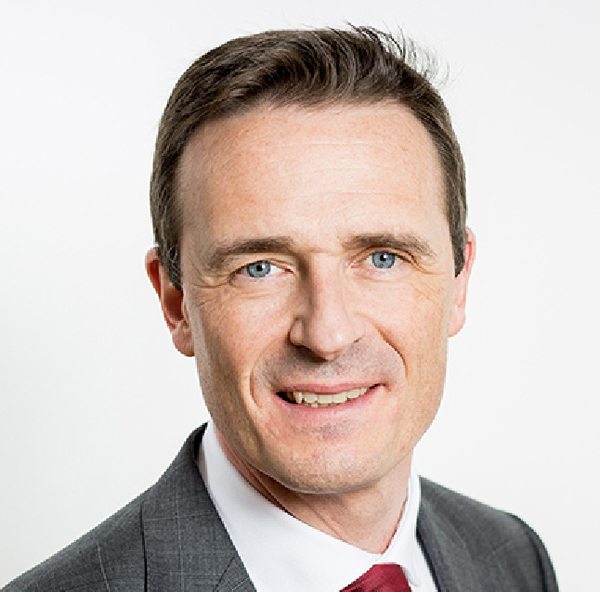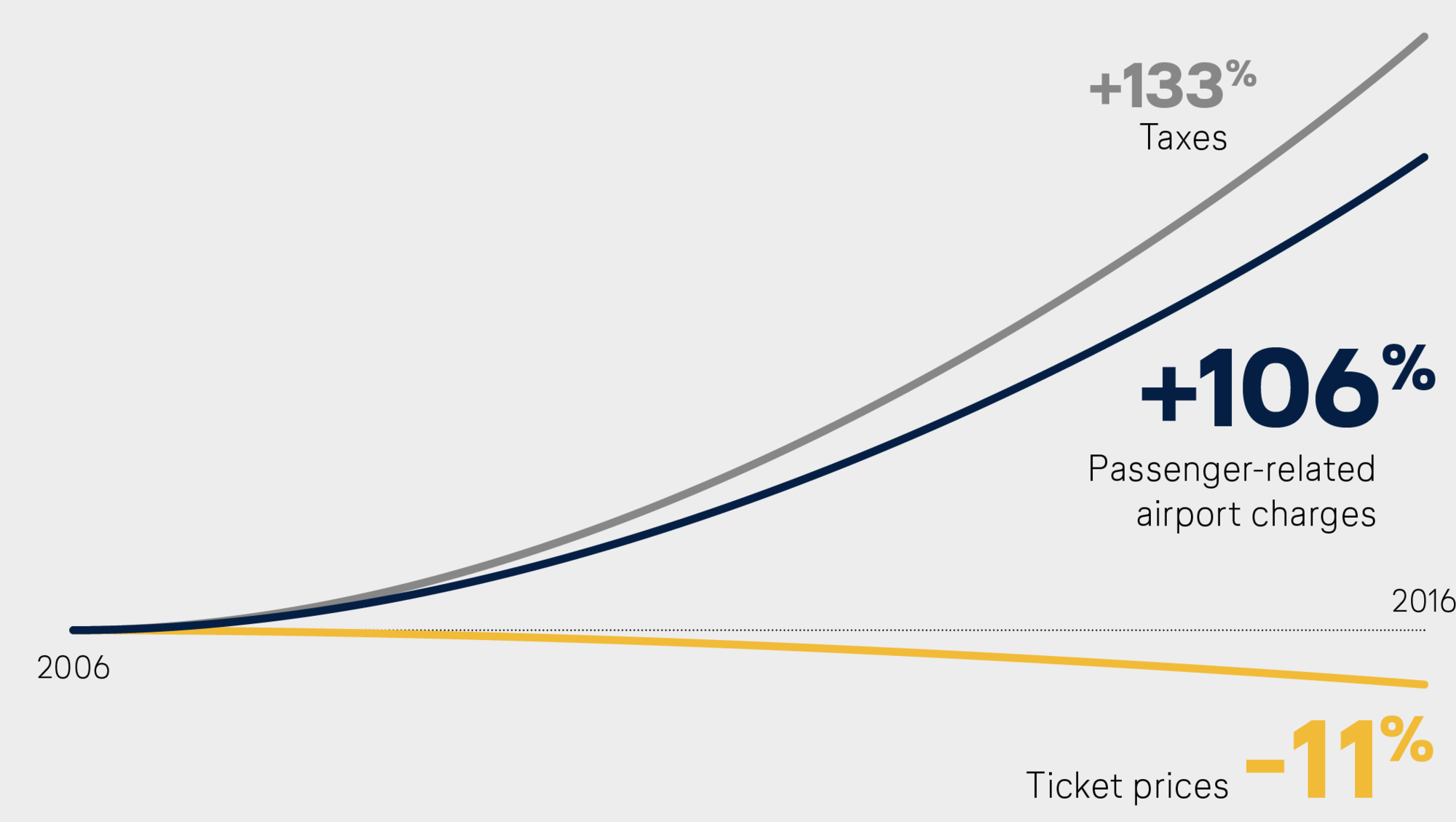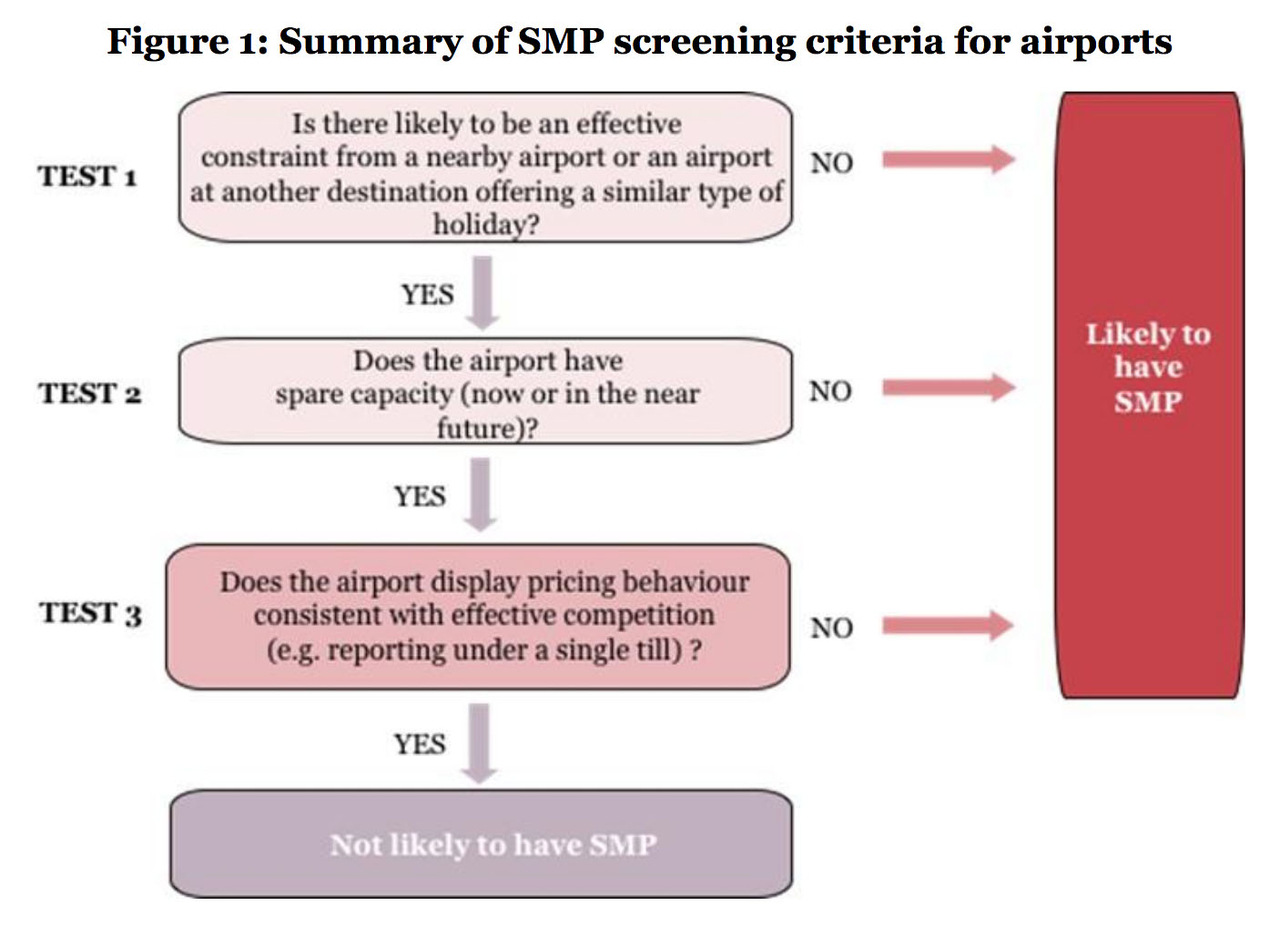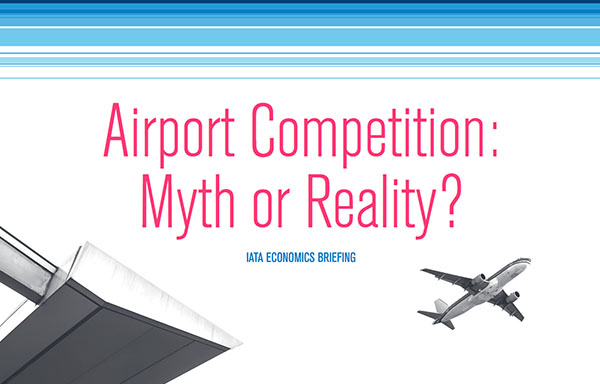Airports
A Chance to make use of effective Regulation
by Thomas Reynaert, Managing Director of Airlines for Europe (A4E)

Thomas Reynaert
Managing Director Airlines for Europe (A4E)
A4E is the voice of 15 leading EU airlines. They employ around 300,000 people and fly 635 million passengers per year.
“Airports often lack the incentive to invest appropriately and to work in a cost-effective manner. Above-average returns at some sites suggest that they are exploiting their supremacy to levy excessive charges. And as it happens, between 2006 and 2016, EU airports alone doubled passenger-related airport charges. In turn, the competing airlines are working hard on their cost-effectiveness and have lowered the price of their tickets by 11 percent over the same period.
The airports point out that they have to invest considerable resources. We don‘t question this as long as it is appropriate and cost-efficient. However, it shouldn‘t be possible for many airports to pass these investment costs primarily on to airlines by increasing charges, while the revenues gained from retail, gastronomy, advertising and so on are allowed to be completely disregarded when charges are calculated. The EU directive on airport charges has in essence failed to introduce fair and effective regulation for all parties concerned. Accordingly, the position of airlines vis-à-vis airports is correspondingly bad – which means that passengers also end up losing out.
Recognising market power – and taking action
What’s the solution? From our point of view, it’s the major airports with significant market power that have the biggest regulatory deficits. A study issued by the renowned Competition Economists Group recently defined three test criteria that make it easier to identify such airports. They relate to the general competitive situation of the airport, as well as capacity reserves and charging policies. Where a potentially abusive market power is detected, an independent and competent authority would have to become active and establish a regulation that could take the place of the missing market regulation. Incidentally, the German Monopolies Commission also demands that airport charges – unlike in Germany in the past –should in fact be controlled and regulated independently.
Other sectors offer numerous models for this approach. The energy and telecommunications sectors, for example, or even the rail network – in which users also need fair access to the infrastructure – are likewise regulated in a similar manner. The decisive factor is that the customer is at the heart of things and is offered competitive services at reasonable prices. This is, of course, not the case for airports, which are so crucial for national economies. A4E insists that the EU address this issue and revise the airport charges directive accordingly.”
As airport charges rise significantly, airline revenues decline

For every one-way ticket, passenger-related fees at European airports increased by an average of 106 percent between 2006 and 2016 and the fiscal burden by 133 percent. At the same time, ticket prices dropped by 11 percent. Adjusted for inflation, the price reduction is even significantly higher.
As airport charges rise significantly, airline revenues decline

For every one-way ticket, passenger-related fees at European airports increased by an average of 106 percent between 2006 and 2016 and the fiscal burden by 133 percent. At the same time, ticket prices dropped by 11 percent. Adjusted for inflation, the price reduction is even significantly higher.
Source: IATA

Thomas Reynaert
Managing Director Airlines for Europe (A4E)
A4E is the voice of 15 leading EU airlines. They employ around 300,000 people and fly 635 million passengers per year.
Further content on the topic
Study
Effective regulation of airport market power
At the beginning of October, the renowned consulting firm Competition Economists Group (CEG) published a comprehensive study on the market power of airports. In essence: there are three criteria that allow authorities to determine whether economic regulation of individual locations is necessary.

Document
Airport Competition: Myth or Reality?
At the end of 2017, the International Air Transport Association (IATA) published a comprehensive paper on the market power of airports. The IATA justifies in it its push for a three-tier regulation of the airports.

As airport charges rise significantly, airline revenues decline
For every one-way ticket, passenger-related fees at European airports increased by an average of 106 percent between 2006 and 2016 and the fiscal burden by 133 percent. At the same time, ticket prices dropped by 11 percent. Adjusted for inflation, the price reduction is even significantly higher.